Australians pay billions more on living expenses as cost of living skyrockets
The sudden rise in Australia’s cost of living has seen an unexpected group of Aussies tumbling into poverty. See who is affected in this exclusive analysis.
National
Don't miss out on the headlines from National. Followed categories will be added to My News.
Average Australians are spending 60 per cent of their incomes just on the bare essentials to get by, as the costs of food, fuel, insurance and interest repayments skyrocket.
An analysis by News Corp reveals Australians are collectively paying $19 billion more on essentials – including $10bn more on food and fuel than they were a year ago and almost $4bn more on mortgage payments.
Insurance premiums have surged across the board since 2021: Aussies are paying an extra $1.4 billion on health, $1 billion more on home and contents and $400 million more on their cars.
The analysis is based on food retailing data from the Australian Bureau of Statistics, petrol volumes from the Department of Industry, Science, Energy and Resources, petrol prices from the Australian Institute of Petroleum, owner-occupier mortgage repayment figures from PropTrack and insurance premium figures from IBISWorld.
With inflation hitting 6.1 per cent and tipped to rise further, the cost of living crisis has prompted welfare groups to warn more Australians are falling into poverty every day.
Almost 600,000 more people are living in poverty compared with pre-Covid times.
And it’s not just the unemployed.
More than a million are in households where the main earner has paid work.

Today, News Corp papers across the country launch a new series, Smart Savers, providing readers with financial hacks to enable them to make their money go further, and calling on federal and state governments to do their part to help ease the squeeze.
ACOSS Acting CEO Edwina MacDonald said the bottom 40 per cent of earners only have enough savings to cover three weeks of lost income.
She said people are having to make impossible choices.
“People are having to skip meals to buy new clothes for their growing kids,” Ms MacDonald said.
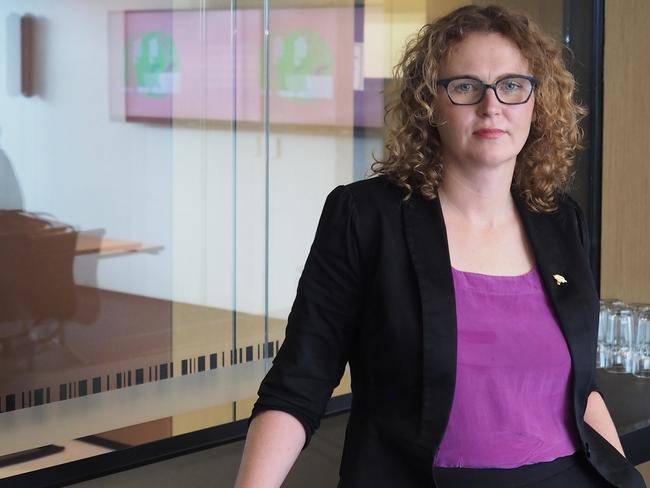
For a couple with children earning the average wage, the percentage of post-tax income going on the bare essentials has jumped from an already high 58 per cent a year ago to 61 per cent now, with less and less available for so-called “discretionary” items like clothing, communications and leisure.
The trend can be seen across the social spectrum, with singles, single parents and couples with no children all seeing an increasing proportion of their income going out the door on the basics.
The Australian Bureau of Statistics last week revealed household spending was up 10.2 per cent compared with the same time last year, with a 15.9 per cent increase on services and a 5.0 per cent increase on goods.
June marked the 16th consecutive month of increases in total household spending, the ABS data revealed.
Interest rates remain relatively low, but the suddenness of recent Reserve Bank decisions – four increases in four months – has alarmed many about just how far they might go, and how quickly, too.
Australia’s big four banks have published their expectations of rate rises, ranging from 2.60 per cent (CBA) to Westpac (3.35 per cent).
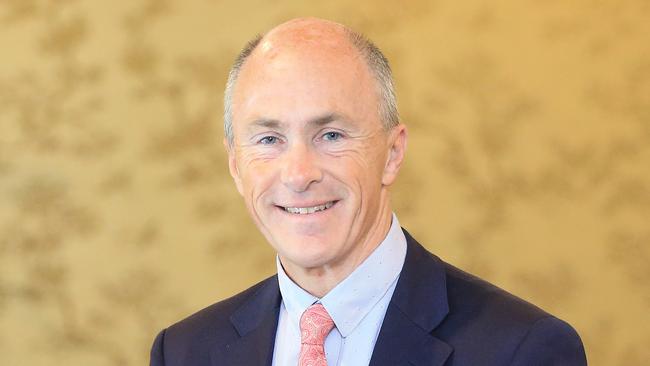
CommSec Chief Economist Craig James said he expected interest rates would settle around 2.5 per cent.
“That order of magnitude means they’re [the Reserve Bank] not slowing the economy down or speeding it up,” Mr James said.
“But given the level of debts people have taken on, small changes in interest rates are going to have fairly pronounced effects on the economy. We’ve already started to see that, and I think if interest rates move further, they’ve got to be careful not to move too fast, too soon.”
But according to leading economist Saul Eslake, there is a good reason for the urgency.
“History tells us it’s very hard to bring inflation down from the sort of level it is at now without there being some cost in terms of higher unemployment. One of the reasons why the Reserve Bank is moving rates up very aggressively is they want to nip this inflation in the bud before it becomes entrenched,” Mr Eslake said.
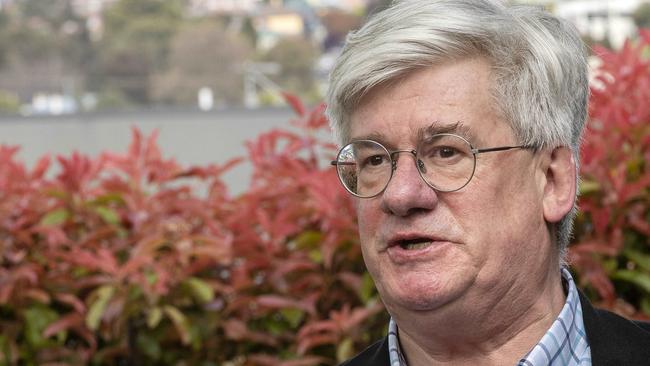
While the UK, US and Europe were all at a 50 per cent chance of recession, Mr Eslake said Australia was less likely to go that way as wages here had not played a role in pushing inflation up, and unlike those other jurisdictions, we were net exports of energy.
“The chance of Australia going into recession is not zero, but it’s almost certainly less than 30 per cent,” Mr Eslake said.
Mr James offered similar comments, saying the current cost crunch had note occurred “at a point of weakness”.
“We’re in good shape with the job market, savings levels are high, wealth levels are high, our trade surplus at record highs,” Mr James said.
“We’ve got to remember too that what’s happening with interest rates rising was always going to happen. They couldn’t stay at zero forever.”
THOUSANDS OF AUSSIES FEEL BILL SHOCK
Rachel and Brad Cohen are one of thousands of Australian families who have felt the rising cost of living, as expenses continue to put an increased strain on households.
Parents to Maya, three, and four-month-old Tal, the family say they have seen a “noticeable increase” on the family’s grocery and electricity bills over the past few months.
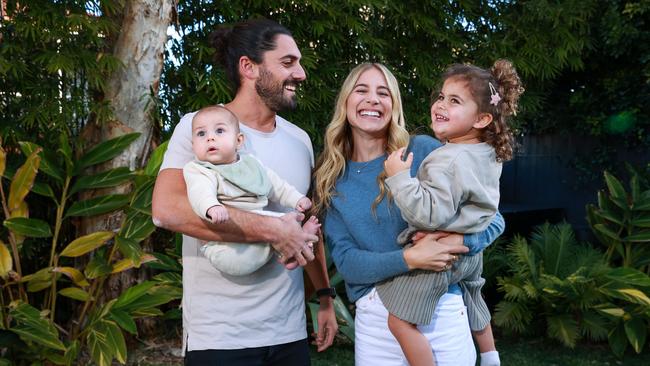
“We do our best to fill our fridge with healthy, fresh foods and it’s pity that the higher prices are impacting some of the everyday fruits and veggies that we love to feed our children,” Dr Cohen, a clinical psychologist, said.
“We try to do smaller, more frequent shops these days so that there is less food wastage and try to get creative with ingredients for recipes that call for a head of lettuce for example.”

Dr Cohen believes Aussies families need “suggested healthy alternatives” to the staples that are currently “burning a hole in people’s pockets”.
“There should also be suggestions on how to reduce food wastage and get the most out of a grocery shop,” she said.
“It shouldn’t feel like you’re splurging when buying fresh produce like fruit and vegetables for your family.”
During the Covid-19 pandemic, the couple launched a new business called High Chair Catchy in a bid to help other parents save food wasted by their young children.
The gadget — attached to the bottom of the highchair — catches the food that would have otherwise ended up on the floor.
“We all know that more food ends up on the floor than in their mouths,” Dr Cohen said.
“And so Catchy is just one of many ways to stop food wastage and help families with little ones who are struggling with the high cost of living.”
‘CHEAPER TO BUY MACCA’S’
Australia’s crushing cost-of-living crisis is pushing families into the margins, forced to cut corners in every way possible.
From fresh produce to petrol, the soaring prices slamming Aussies are leaving parents struggling to feed their kids and forced to leave bills unpaid just to make ends meet.
Stacey Triffett and her partner Chris make up a family of seven, with five children under ten years old between them.
The couple run a cleaning business together and the pinch of high prices has hit their family more like a hurricane.
“Everything we buy now has to be a need, not a want,” Ms Triffett said.
“At the supermarket, the kids ask me why we used to buy strawberries – and why now, we only have packaged food.
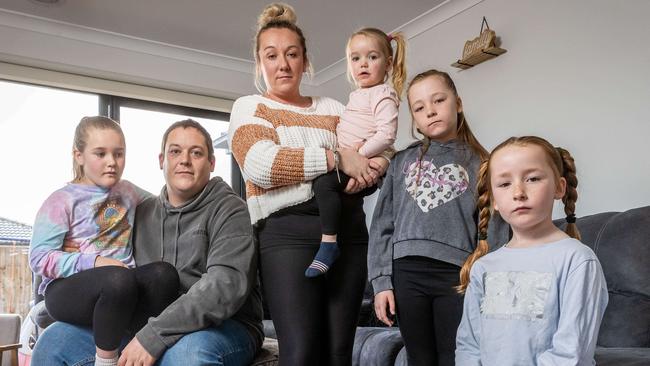
“It’s basically cheaper to buy a meal from McDonalds now than it is to have a fresh meal.
“We don’t want to be buying junk food, but the cost is forcing us to feed our kids this way – we have no other choice.”
For families with school-aged children, the expenses don’t stop at food.
“They have extra-curricular activities, school camps – which cost hundreds per child – and then there are social activities.
“We’ve had to forget about treats like going to the movies or even going for a day trip, because there is not a single dollar to spare.”
She said the anxiety of making sure her kids have food on the table is “crippling”, as well as the underlying pressure of putting no savings aside.
“At the moment there is no possible way for us to save.
“We used to live steadily and save where we could, but now we’re living week to week.
“If we keep going at this rate, there is no way Chris and I will be able to retire,” Ms Triffett said.
“We are a standard, normal Victorian family that is struggling so hard.
‘We’re drowning here and no one is helping.”
– With reporting by Adella Beaini, Grace Baldwin
Read related topics:Cost Of Living


